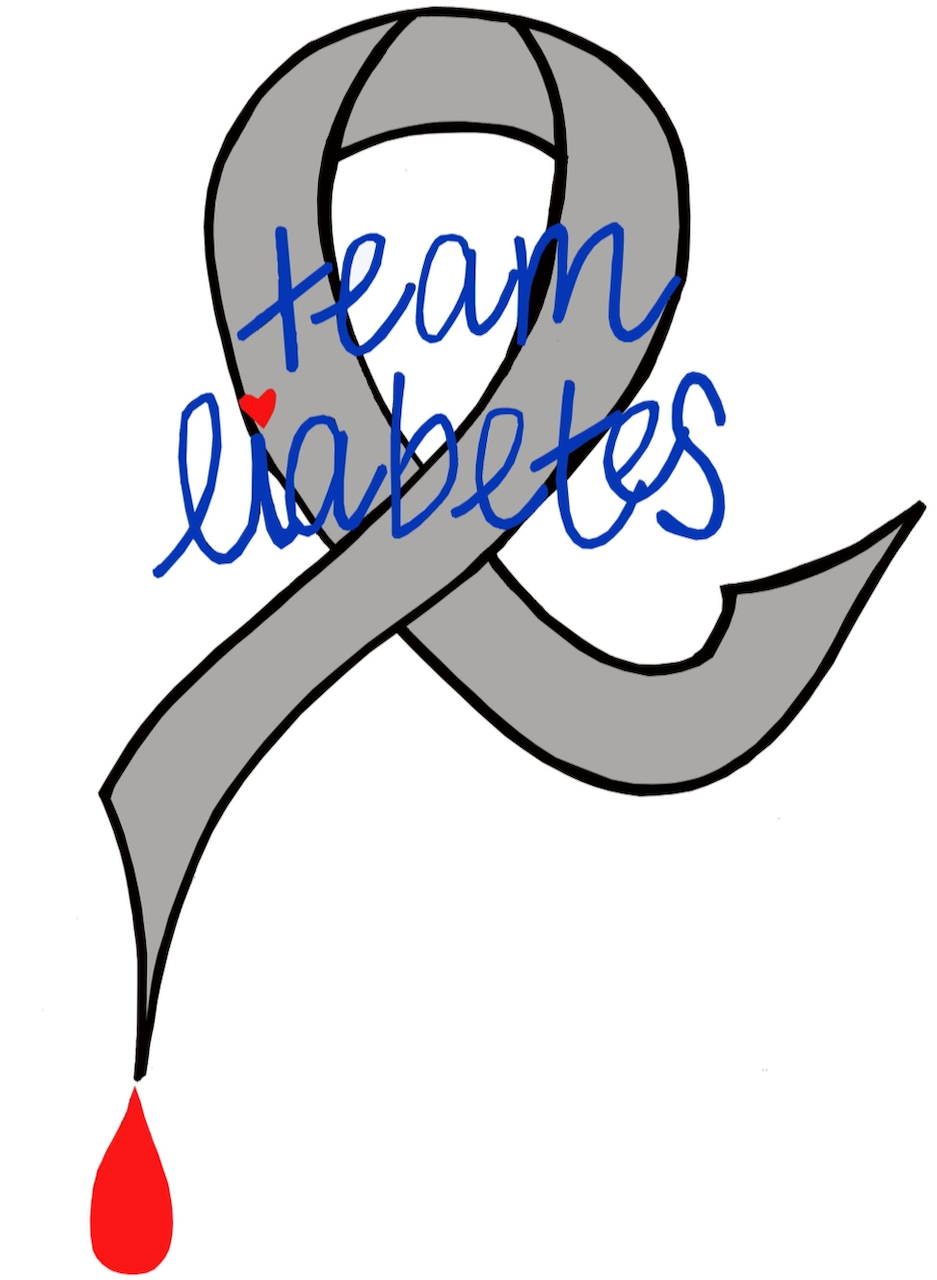Knowing Beans
Meanwhile, we were very hungry for information. We knew very little about diabetes and what we did know consisted mostly of what we had learned from my father’s type 2, which he suffered after a long while of poorly managing his congestive heart disease. Even that, because we did not live nearby, was limited to the occasional finger prick or food preparation around meal times. More often his diabetes was kept like tens of millions of others: quiet.
But where to begin? Who and what that I read could be trusted? A web search on the term diabetes alone generated 66 million results. Type 1 Diabetes yielded a little bit smaller return at 17 million. Children with type 1 diabetes, just over 4 million. In fact, you could drill down as far as you liked — cure, symptoms, treatments, statistics, research, diet, behavior, life expectancy — and still come up with millions of possibilities. And that too was part of the problem. What exactly was I looking for?
Up until then, and really the entire year prior to Lia’s diagnosis, I had been on somewhat of a fence in my life, though even that analogy, I feel now having written it, is inadequate in that it suggests I was discontented or directionless. I wasn’t. I was actually quite happy working as a writer, doing what I love best to do, and spending more time with my family than I had ever been allowed when working an outside job. But the economy, the wars and domestic affairs, were both pushing and pulling at me. I wanted to be engaged in what was happening in the world around us for myself and my family’s sake, but at the same I fancied withdrawing to a simpler life on some mountainside, writing novels no one would ever read and our family pretty much tending to itself. It was never likely to happen, with children involved even self-reliance is better in moderation. So we settled instead on a garden, which brought us some independence, good health, and much learning and work to do. Toward that end, my wife and I threw ourselves into the task, determined, in the words of Thoreau, to know beans.
But the knowledge of growing a vegetable patch is much different than the knowledge needed to fight diabetes. With a plant there is a natural order of events. The seed in the soil once nurtured becomes the tiny shoot, which sprouts leaves, gathering nutrients from the sun, and in time bears food. It is a very deceptively simple process, one for which it requires little help. My job mostly was to prevent any intrusion into the process, then get out of the way and let nature take its course. Diabetes is not that way. You do not set the seed and forget about it.
But really, where do you begin to know diabetes?
The treatment of course is important, critical, in fact, so in the first days home from the hospital we relied on the material provided by the pediatric endocrinologist’s office, which taught us the basic survival skills we now needed: dosing insulin, counting carbs, recognizing the signs of low and high blood sugar. For a more detailed picture, we devoured The First Book for Understanding Diabetes. Narrated by the Pink Panther, it delved deeper into nutrition, complications, self-management, and general support. In preparing for Lia’s return to school and the creation of a 504 plan on her behalf, we adhered almost verbatim to the School Advisory Toolkit for Families published by the JDRF. To prepare her classmates, I met with them during lunch one day and we read and talked together about diabetes. They asked questions and I answered them best as I could.
There were other sources, of course. Personal accounts, research updates, clinical trials, articles and books on food, treatments, d-kits, and tips on coping. Works of investigative journalism by Hirsch and by Hurley. Blogs by Kerri and Patricia and Leighann. We exhausted the internet, the library, the educators, and all that we learned was and is still not enough. But at the same time it’s a bit much and overwhelming. It’s almost like being on that fence again, straddling two worlds, one that seems dead set against you and the other that makes you feel safe, protected, and cared for.
Still I wonder: with raising a garden there’s an end, a harvest. At the end of knowledge is what? Empowerment? Inspiration? Action?
As a parent of a child with diabetes, I can honestly hope it’s all three.

